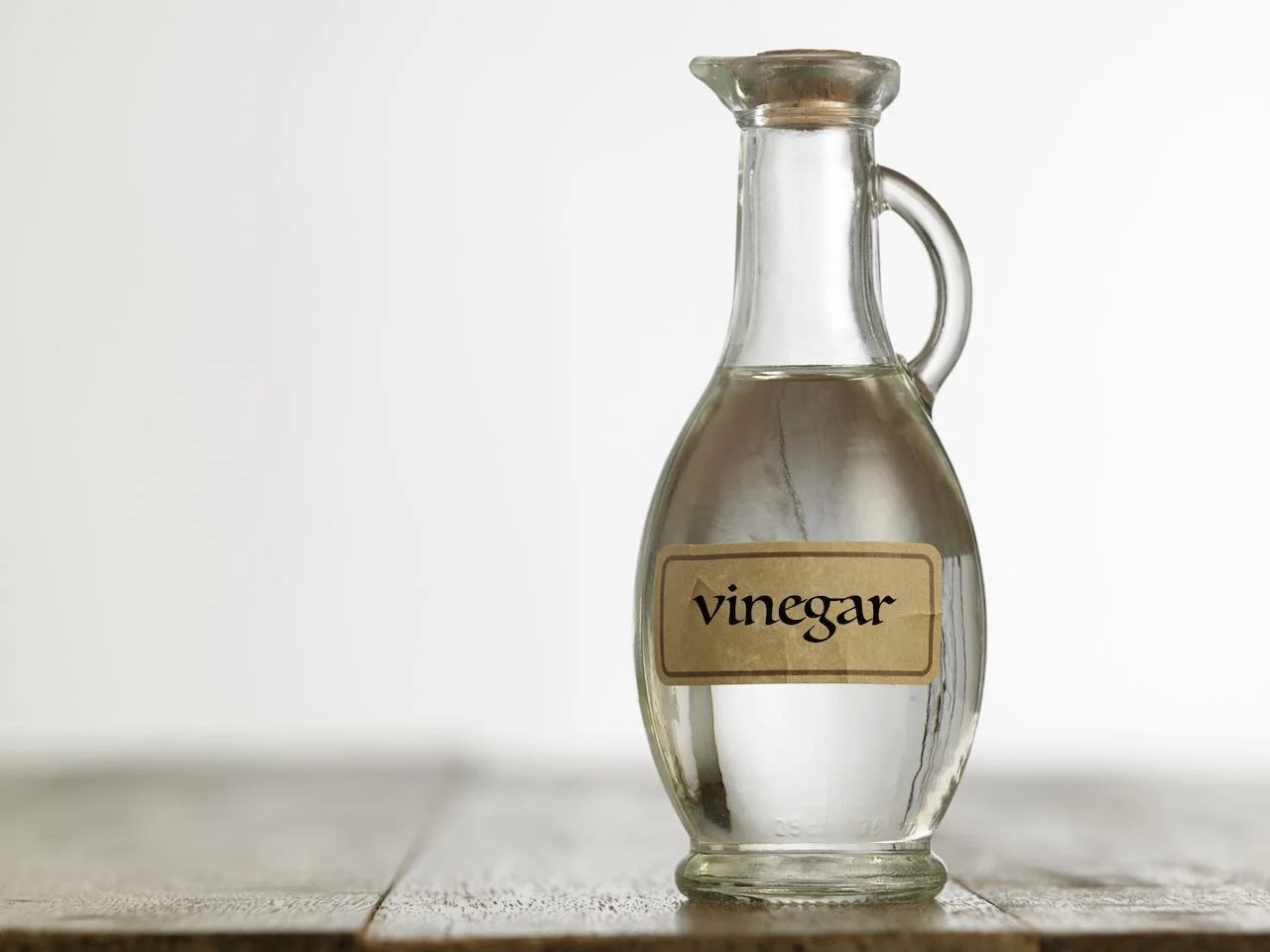

Articles
How To Store White Vinegar
Modified: March 1, 2024
Learn how to properly store white vinegar with our informative articles. Keep your vinegar fresh and flavorful for longer periods of time.
(Many of the links in this article redirect to a specific reviewed product. Your purchase of these products through affiliate links helps to generate commission for Storables.com, at no extra cost. Learn more)
Introduction
White vinegar is a versatile household ingredient that has been used for centuries in cooking and cleaning. It is made through the fermentation process of distilled alcohol, resulting in a clear and acidic liquid. Not only is white vinegar a staple in the kitchen, but it also has numerous benefits for cleaning various surfaces in your home.
In this article, we will explore the many benefits of using white vinegar for both cooking and cleaning. Additionally, we will discuss the importance of proper storage to ensure the longevity and quality of your white vinegar.
Whether you need white vinegar for a recipe or for cleaning purposes, it is essential to store it correctly to maintain its effectiveness. By understanding the best practices for storing white vinegar, you can ensure that it remains fresh and potent for all your cooking and cleaning needs.
Key Takeaways:
- Proper storage of white vinegar is essential to maintain its potency for cooking and cleaning. Choose non-reactive containers, keep it away from light and heat, and consider refrigeration for extended shelf life.
- To maximize the longevity of white vinegar, seal it tightly, avoid contamination, and monitor its quality. Label and rotate your stock, and store undiluted vinegar for optimal freshness and effectiveness.
Read more: How To Store White Wine Vinegar
Benefits of Using White Vinegar for Cleaning and Cooking
White vinegar is a powerhouse when it comes to cleaning and cooking. Its acidic properties make it an effective and natural alternative to many commercial cleaning products. Here are some of the top benefits of using white vinegar:
- Natural Cleaning Agent: White vinegar is a non-toxic and environmentally friendly cleaning solution. It can be used to remove stains, sanitize surfaces, and eliminate odors. Its acidic nature helps break down dirt, grease, and grime, making it a versatile cleaner for various household surfaces.
- Removes Mineral Deposits: Hard water leaves behind mineral deposits on faucets, showerheads, and glass surfaces. White vinegar can effectively dissolve these deposits, leaving your fixtures and glass sparkling clean.
- Kills Germs and Bacteria: White vinegar has antimicrobial properties that can kill common household germs and bacteria. It is especially effective in disinfecting cutting boards, countertops, and bathroom surfaces.
- Freshens Laundry: Adding a cup of white vinegar to your laundry can help freshen and soften your clothes. It also helps remove stubborn odors and can act as a natural fabric softener.
- Unclogs Drains: Pouring a mixture of white vinegar and baking soda down a clogged drain can help break up the blockage and clear the pipe. This natural solution is not only effective but also safe for the environment.
Aside from its cleaning benefits, white vinegar is also a valuable ingredient in cooking. It adds flavor to a wide variety of dishes and can even provide some health benefits:
- Enhances Flavor: White vinegar has a tangy and acidic taste that adds depth and complexity to many recipes. It can be used to make tangy salad dressings, marinades, and pickles.
- Tenderizes Meat: Marinating meat in a mixture of white vinegar and herbs can help tenderize tough cuts of meat. The acidic properties of the vinegar help break down the proteins, resulting in tender and flavorful meat.
- Preserves Fruits and Vegetables: White vinegar can be used to preserve the color and texture of fruits and vegetables. Soaking sliced apples or avocados in a mixture of water and white vinegar can help prevent browning.
- Aids in Digestion: Consuming small amounts of white vinegar diluted in water before meals may help improve digestion. It stimulates the production of digestive enzymes, promoting better nutrient absorption.
With its wide range of cleaning and cooking benefits, white vinegar is a must-have item in every household. Now, let’s dive into the proper storage methods to keep your white vinegar fresh and effective.
Proper Storage of White Vinegar
Proper storage of white vinegar is essential to maintain its quality and effectiveness. When stored correctly, white vinegar can last for an extended period, ensuring that it remains potent for both cooking and cleaning purposes. Here are some important guidelines to follow:
- Choosing the Right Container: It is crucial to store white vinegar in a container made of non-reactive material. Glass, ceramic, or food-grade plastic containers work well. Avoid storing white vinegar in metal containers, as the acidity can cause a reaction and affect the quality of the vinegar.
- Storing White Vinegar in a Pantry or Cupboard: If you use white vinegar frequently in your cooking, it can be stored in a pantry or cupboard at room temperature. Ensure that the container is tightly sealed to prevent any air or moisture from entering. This will help maintain the freshness and potency of the vinegar.
- Storing White Vinegar in the Refrigerator: If you prefer to store your white vinegar for an extended period, especially if you live in a hot climate, it is recommended to store it in the refrigerator. The cool temperature helps preserve the vinegar and prevents any changes in its flavor or acidity. Again, make sure the container is properly sealed.
- Storing White Vinegar in a Dark and Cool Place: Regardless of whether you store white vinegar in the pantry or refrigerator, it is crucial to keep it away from direct sunlight and heat. Exposure to light and excessive heat can lead to a decrease in the quality and potency of the vinegar.
Remember, when it comes to storing white vinegar, the goal is to protect it from air, moisture, light, and excessive heat. By following these storage guidelines, you can ensure that your white vinegar remains fresh and effective for an extended period.
Next, let’s explore some additional tips to help maintain the quality of your white vinegar.
Choosing the Right Container
When it comes to storing white vinegar, choosing the right container is essential to maintain its quality and potency. Here are some factors to consider when selecting a container:
- Non-Reactive Material: Opt for a container made of non-reactive material, such as glass, ceramic, or food-grade plastic. These materials do not interact with the acidic nature of white vinegar, ensuring that there is no transfer of unwanted flavors or chemicals.
- Airtight Seal: Look for a container with a secure and airtight seal. This prevents any air from entering and oxidizing the vinegar, which can lead to a decrease in its quality and potency over time. An airtight seal also helps prevent any leakage or spillage.
- Size and Shape: Consider the size and shape of the container based on your usage and storage needs. If you use white vinegar frequently, a larger container may be suitable. However, if you only use it occasionally, a smaller container may be more practical, as it allows for easy storage in the pantry or refrigerator.
- Transparency: While it is not necessary, opting for a container that is not transparent can help protect the white vinegar from exposure to light. However, if you prefer to see the vinegar’s level or its clarity, choose a transparent container but store it in a dark place, such as a cupboard or refrigerator.
Remember to clean the container thoroughly before transferring white vinegar into it. Any residue or contaminants can affect the quality and taste of the vinegar.
Now that you know how to choose the right container for storing white vinegar, let’s discover the best storage methods for different environments, including the pantry, refrigerator, and a dark and cool place.
Storing White Vinegar in a Pantry or Cupboard
If you use white vinegar frequently in your cooking and cleaning routines, storing it in a pantry or cupboard at room temperature is a convenient option. Here are some guidelines to follow when storing white vinegar in a pantry or cupboard:
- Tightly Sealed Container: Transfer the white vinegar into a tightly sealed container made of non-reactive material, such as glass, ceramic, or food-grade plastic. The airtight seal will prevent air and moisture from entering, keeping the vinegar fresh and potent.
- Away from Light and Heat: Choose a spot in the pantry or cupboard that is away from direct sunlight and heat sources. Exposure to light and excessive heat can cause the vinegar to deteriorate and lose its potency over time. Opt for a cool and dark area to store the vinegar.
- Easy Accessibility: Make sure the container is easily accessible. This will allow you to use the white vinegar conveniently whenever you need it for cooking or cleaning. Organize your pantry or cupboard in a way that keeps the vinegar within reach and visible.
By following these guidelines, you can ensure that your white vinegar remains fresh and effective for an extended period. However, keep in mind that storing white vinegar in a pantry or cupboard is suitable for short to medium-term storage. If you anticipate not using the vinegar for a longer period or live in a hot climate, it is recommended to store it in the refrigerator.
Next, let’s explore how to properly store white vinegar in the refrigerator to maximize its longevity and quality.
Store white vinegar in a cool, dark place, away from direct sunlight and heat sources. Keep it tightly sealed to prevent evaporation and contamination. Avoid storing it near strong-smelling foods as it can absorb odors.
Read more: How To Store White Vinegar After Opening
Storing White Vinegar in the Refrigerator
If you want to maximize the longevity and freshness of your white vinegar, storing it in the refrigerator is a great option. The cool temperature helps preserve the quality of the vinegar and prevents any changes in flavor or acidity. Here’s how to properly store white vinegar in the refrigerator:
- Transfer to a Sealable Container: Pour the white vinegar into a sealable container made of non-reactive material, such as glass, ceramic, or food-grade plastic. Ensure that the container has a tight-fitting lid to create an airtight seal. This prevents any odors from the refrigerator from being absorbed into the vinegar and helps maintain its freshness.
- Choose the Right Shelf: Place the container of white vinegar on a shelf in the refrigerator. It is recommended to store it on one of the lower shelves or in the door compartments, away from other strong-smelling foods. This helps prevent any transfer of flavors or odors.
- Away from Light and Heat Sources: Keep the container of white vinegar away from the refrigerator’s light source and any heat-emitting elements. Exposure to light and high temperatures can degrade the quality of the vinegar. Opt for a spot in the refrigerator that is cool and dark.
- Maintain Consistent Temperature: Ensure that your refrigerator maintains a consistent temperature. Fluctuations in temperature can affect the quality and potency of the vinegar. It is recommended to set the refrigerator temperature between 35 to 40°F (1 to 4°C).
Storing white vinegar in the refrigerator can prolong its shelf life and maintain its potency for a longer period. However, keep in mind that chilled vinegar may appear slightly cloudy or develop sediment over time. This is normal and does not affect its quality or usability.
Now that you know how to properly store white vinegar in the refrigerator, let’s discuss another option for storage – keeping it in a dark and cool place.
Storing White Vinegar in a Dark and Cool Place
If you prefer not to store white vinegar in the refrigerator but still want to maintain its quality and effectiveness, storing it in a dark and cool place is an excellent alternative. Here’s how to store white vinegar in a dark and cool location:
- Choose a Suitable Spot: Look for a dark and cool area in your home, such as a pantry, cupboard, or basement. Avoid places that are exposed to direct sunlight or heat sources, as they can affect the quality of the vinegar over time.
- Non-Reactive Container: Transfer the white vinegar into a non-reactive container made of glass, ceramic, or food-grade plastic. Ensure that the container has a tight-sealing lid to protect the vinegar from air and moisture.
- Avoid Temperature Fluctuations: It is crucial to maintain a consistent temperature in the storage location. Fluctuations in temperature can lead to changes in the flavor and potency of the vinegar. Aim to keep the area cool at all times, ideally below 70°F (21°C).
- Protection from Light: Keep the container of white vinegar away from any exposure to light. Light can degrade the quality of the vinegar and cause it to lose its effectiveness over time. Store the vinegar in a dark spot or use an opaque container to shield it from light.
Storing white vinegar in a dark and cool place ensures that it remains fresh and potent for a longer duration. Remember to keep the container tightly sealed to prevent air and moisture from entering, as they can impact the quality of the vinegar.
Now that you know the proper storage methods for white vinegar, let’s move on to some tips for maintaining its quality and optimizing its shelf life.
Tips for Maintaining the Quality of White Vinegar
Maintaining the quality of white vinegar is essential to ensure its effectiveness and potency. Here are some tips to help you maximize the shelf life and maintain the freshness of your white vinegar:
- Keep it Sealed: Always keep the container tightly sealed when not in use. Exposure to air can cause the vinegar to oxidize and lose its potency over time. Make sure the lid is secured properly to prevent any leakage or evaporation.
- Avoid Contamination: To prevent contamination, avoid using dirty or wet utensils when scooping out vinegar. Introducing foreign substances into the vinegar can affect its flavor and quality. Use clean spoons or measuring cups when pouring out the vinegar.
- Do Not Dilute: White vinegar should be stored undiluted for optimal shelf life. While dilution may be necessary for certain recipes or cleaning solutions, it is best to dilute just before use rather than in advance. Diluted vinegar has a shorter shelf life and may be more susceptible to spoilage.
- Label and Date: If you transfer white vinegar into a different container, label it with the date of transfer. This will help you keep track of its freshness and ensure that you use the oldest vinegar first. Knowing the date of transfer will also give you an idea of how long the vinegar has been stored.
- Rotate Stock: If you regularly purchase white vinegar in larger quantities, consider rotating your stock. Begin using the vinegar that has been stored the longest and replace it with a fresh bottle. This practice ensures that you always have a fresh supply of white vinegar on hand.
- Monitor Quality: Periodically check the quality of the vinegar. If you notice any changes in color, odor, or taste, it may indicate that the vinegar has deteriorated and is no longer suitable for use. Fresh white vinegar should have a clear color, a sharp and acidic smell, and a tangy taste.
By following these tips, you can maintain the quality and effectiveness of your white vinegar for an extended period. Whether you use it for cooking or cleaning, having fresh and potent vinegar ensures optimal results and satisfaction.
Next, let’s conclude our discussion on storing white vinegar.
Conclusion
White vinegar is a versatile ingredient that offers numerous benefits for both cooking and cleaning. With its natural cleaning properties and ability to enhance the flavor of various dishes, white vinegar has become a staple in many households.
Proper storage of white vinegar is crucial to maintain its quality and effectiveness. Whether you choose to store it in a pantry or cupboard, in the refrigerator, or in a dark and cool place, following the appropriate storage methods will ensure that your white vinegar remains fresh and potent for an extended period.
When storing white vinegar, it is important to choose the right container made of non-reactive materials, such as glass or ceramic, and ensure it has a tight seal. Keeping the vinegar away from direct sunlight, heat, and fluctuations in temperature will also help preserve its flavor and potency.
By following tips such as keeping the vinegar sealed, avoiding contamination, not diluting in advance, labeling and rotating your stock, and monitoring its quality, you can effectively maintain the quality of your white vinegar and optimize its shelf life.
Whether you use white vinegar for cleaning surfaces, unclogging drains, or adding a tangy flavor to your favorite recipes, proper storage ensures that it remains a reliable and effective household ingredient.
So, take care to store your white vinegar correctly and enjoy the many benefits it brings to your cooking and cleaning routines!
Frequently Asked Questions about How To Store White Vinegar
Was this page helpful?
At Storables.com, we guarantee accurate and reliable information. Our content, validated by Expert Board Contributors, is crafted following stringent Editorial Policies. We're committed to providing you with well-researched, expert-backed insights for all your informational needs.
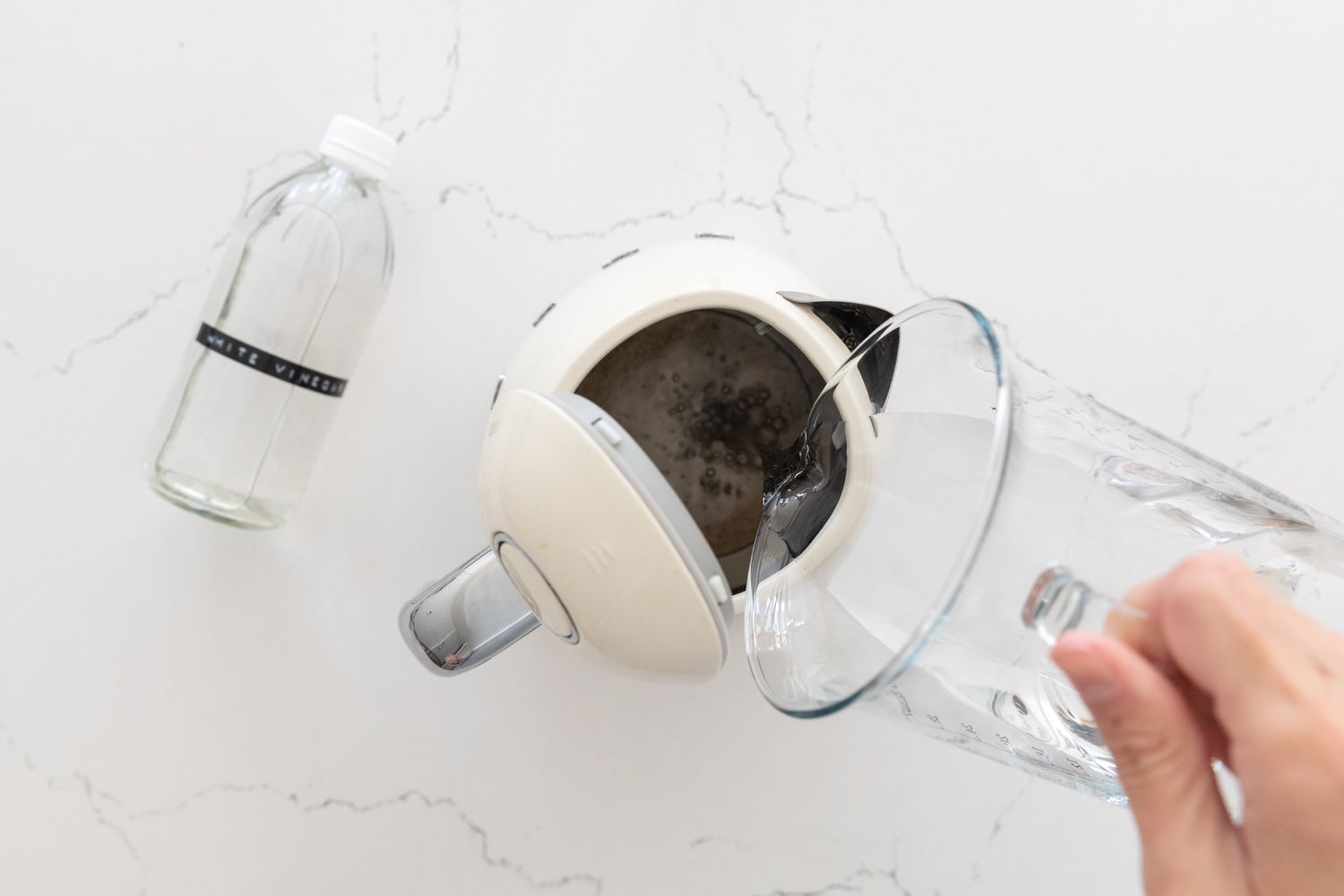
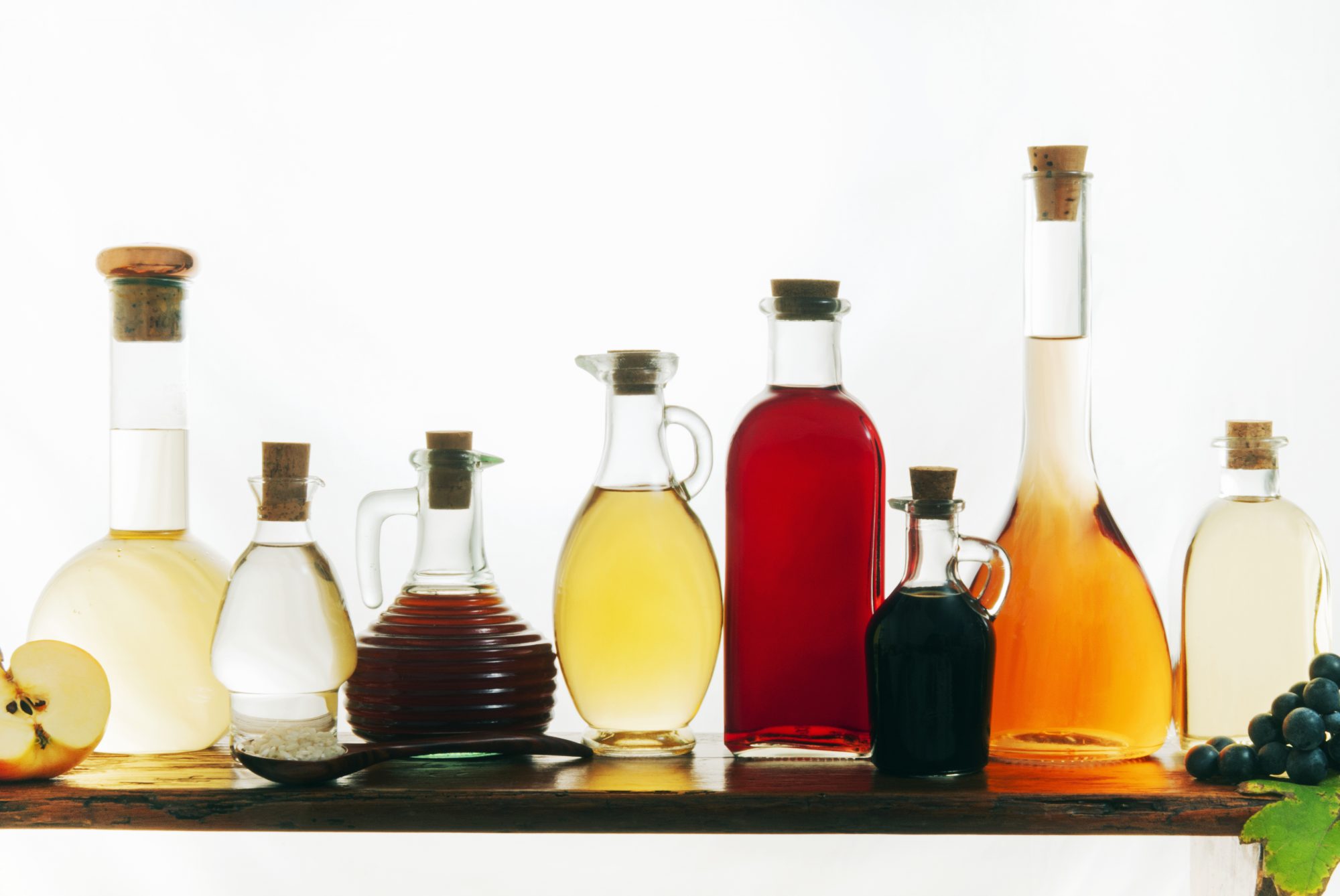
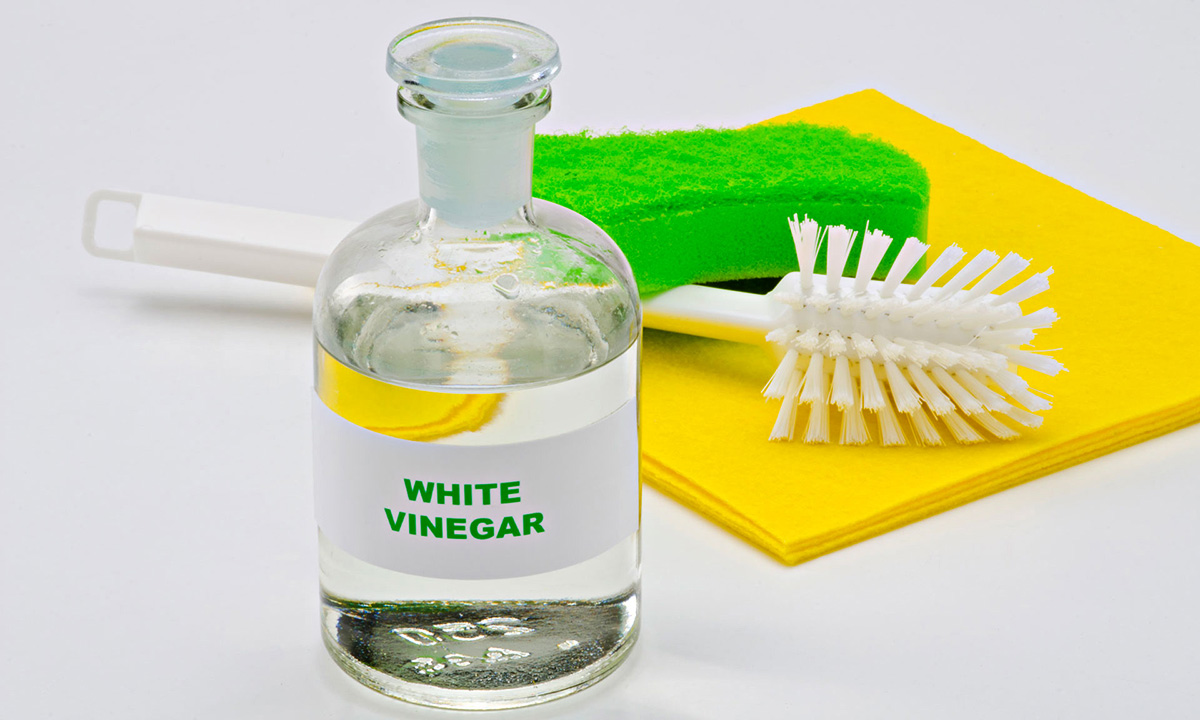
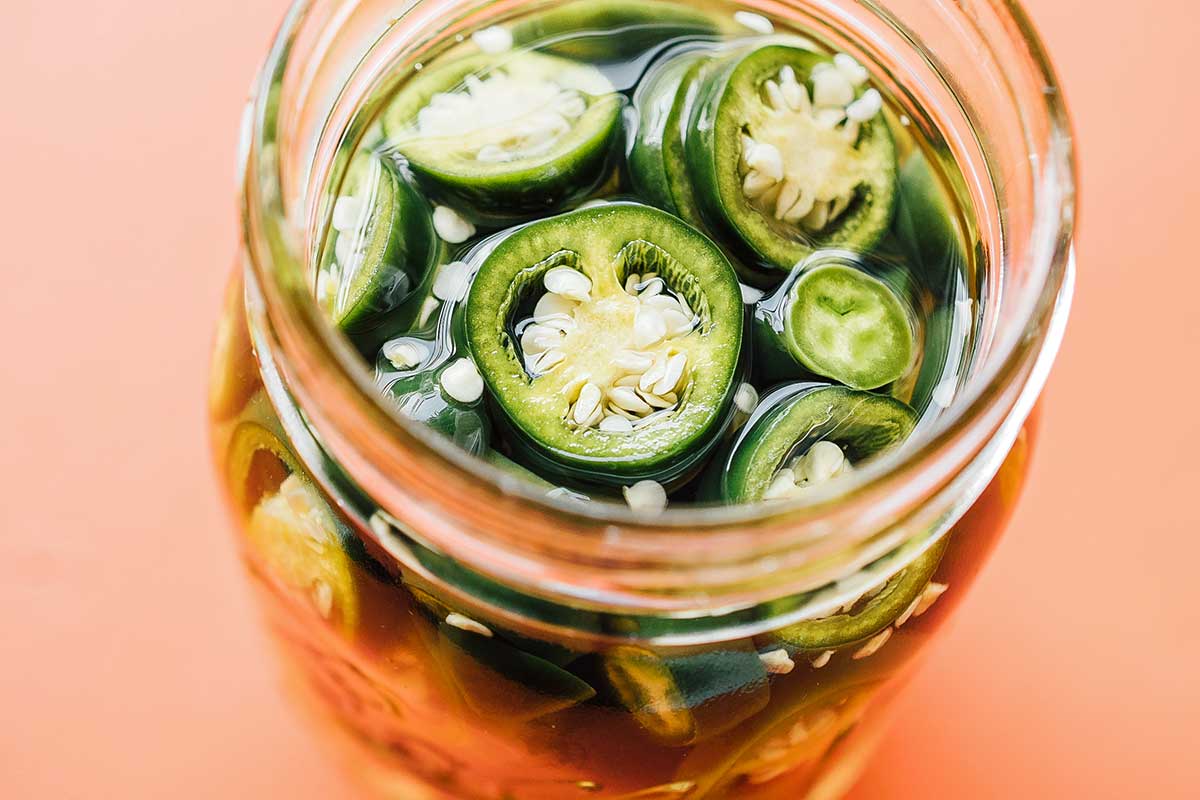
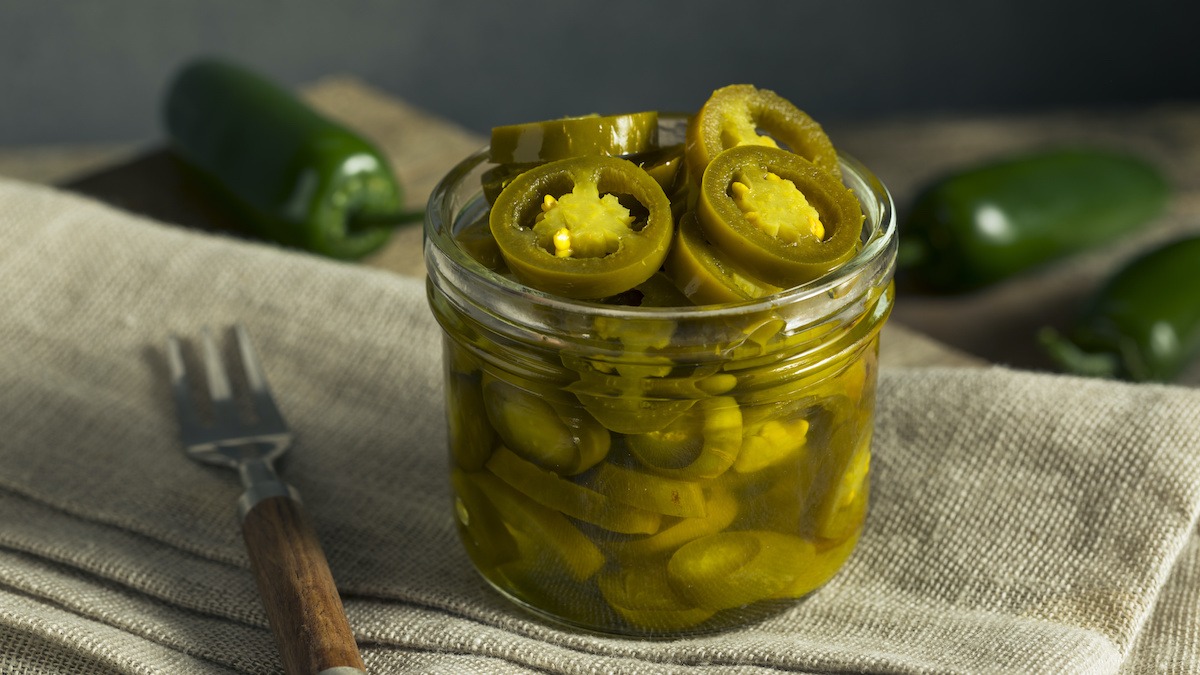
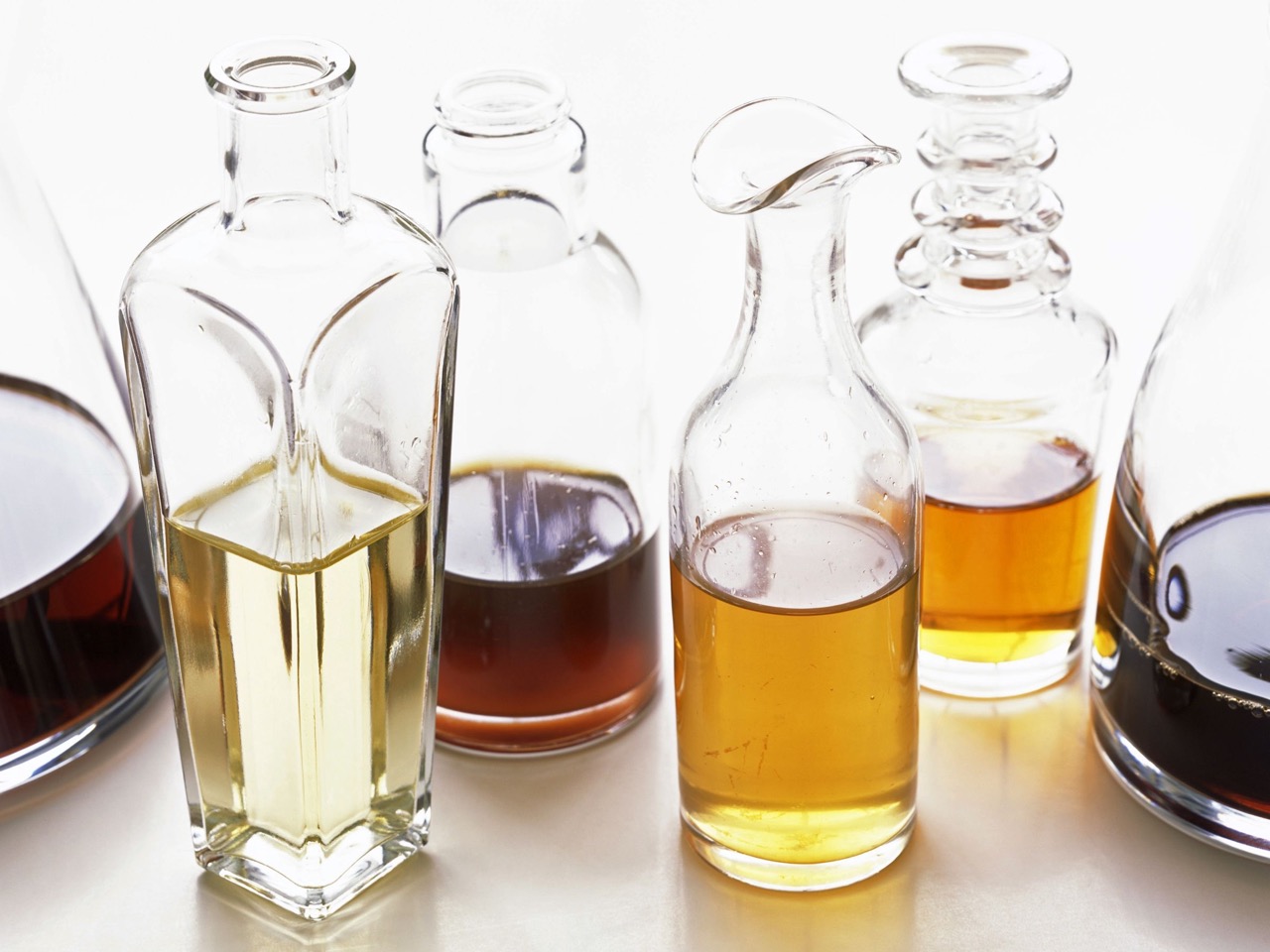
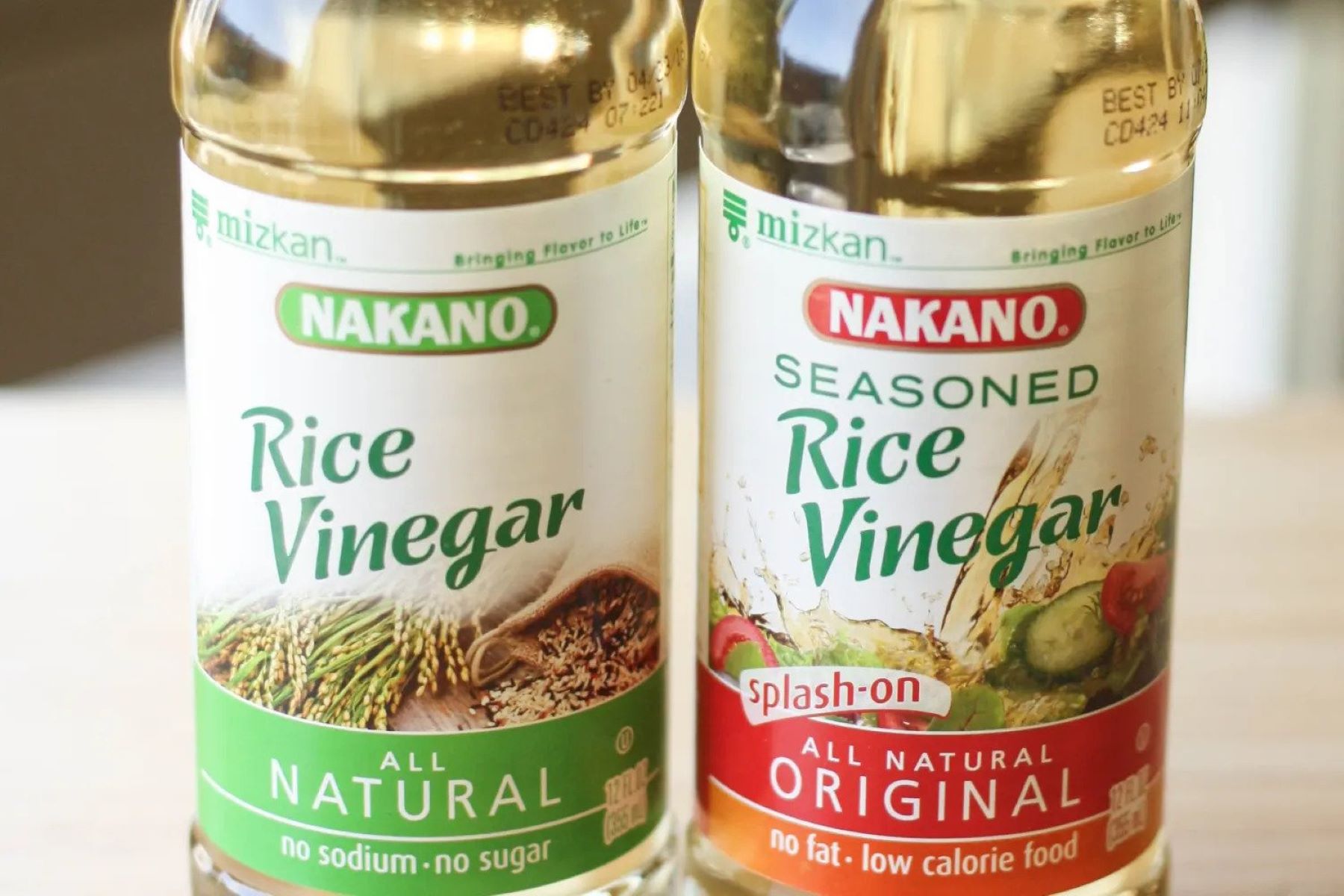
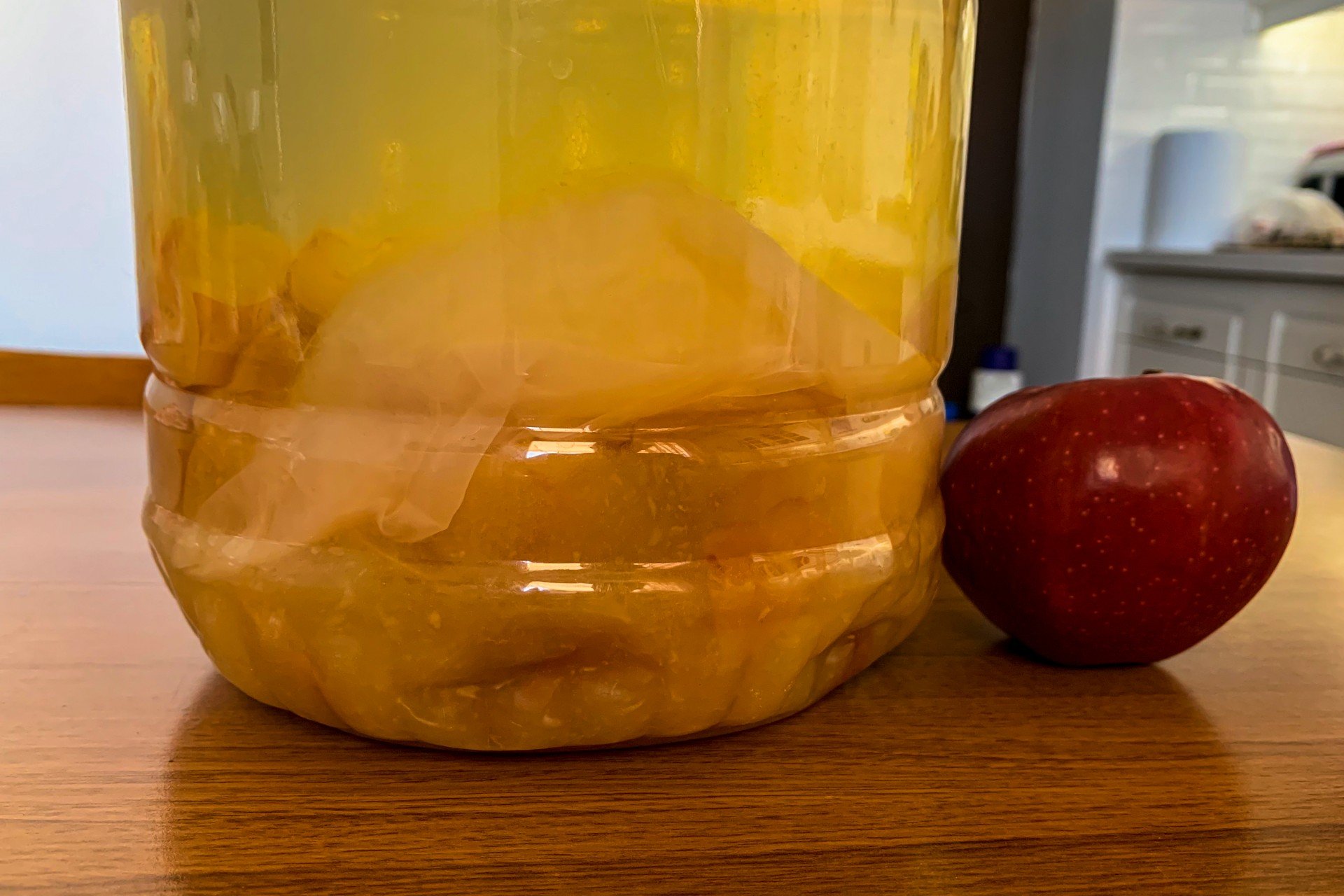
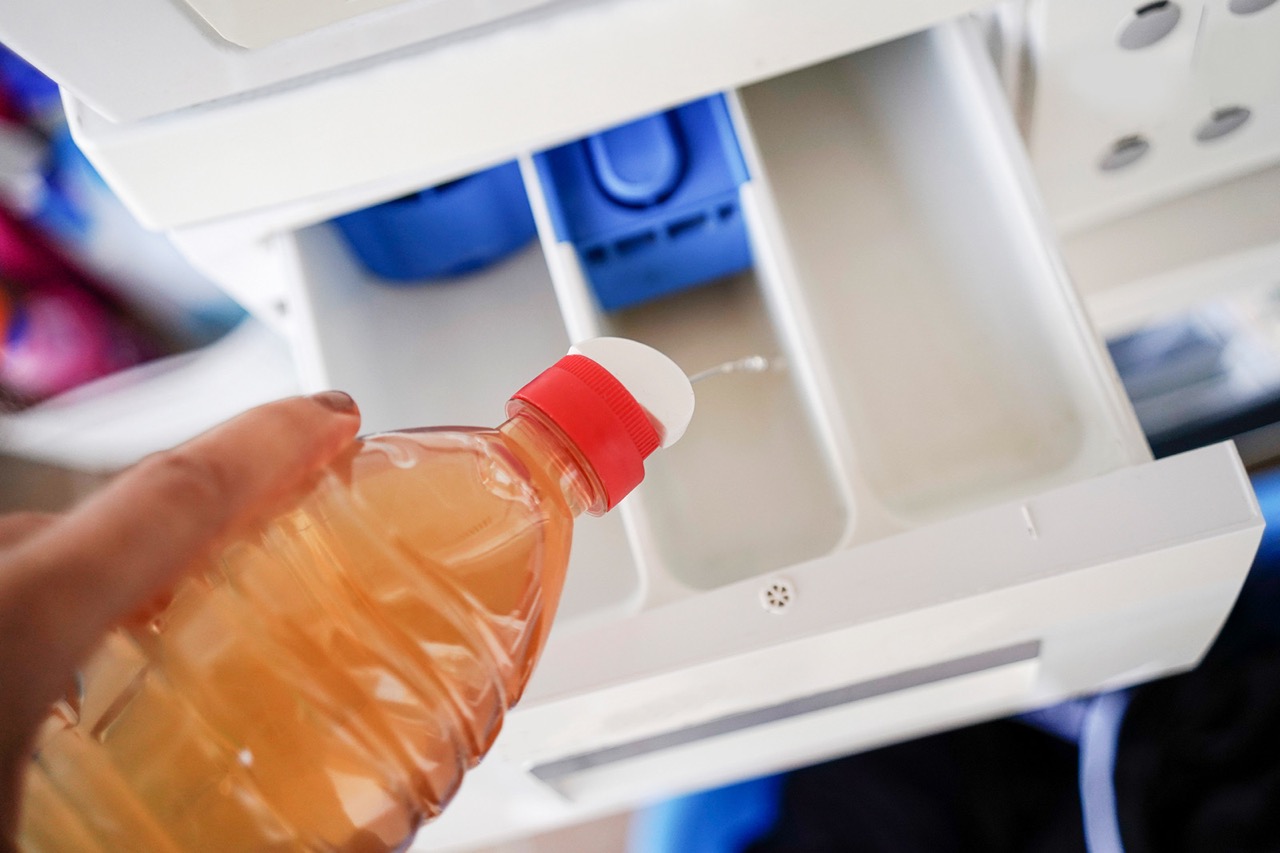
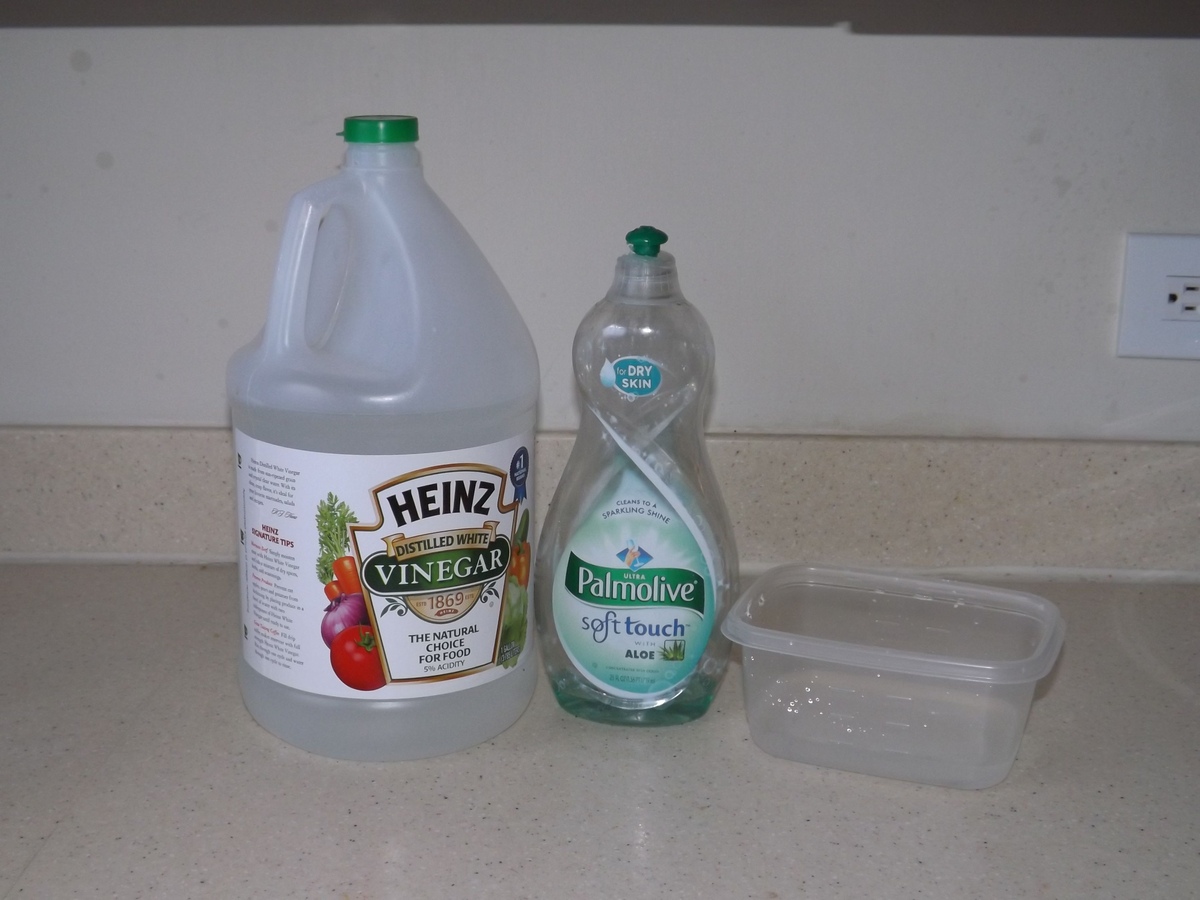
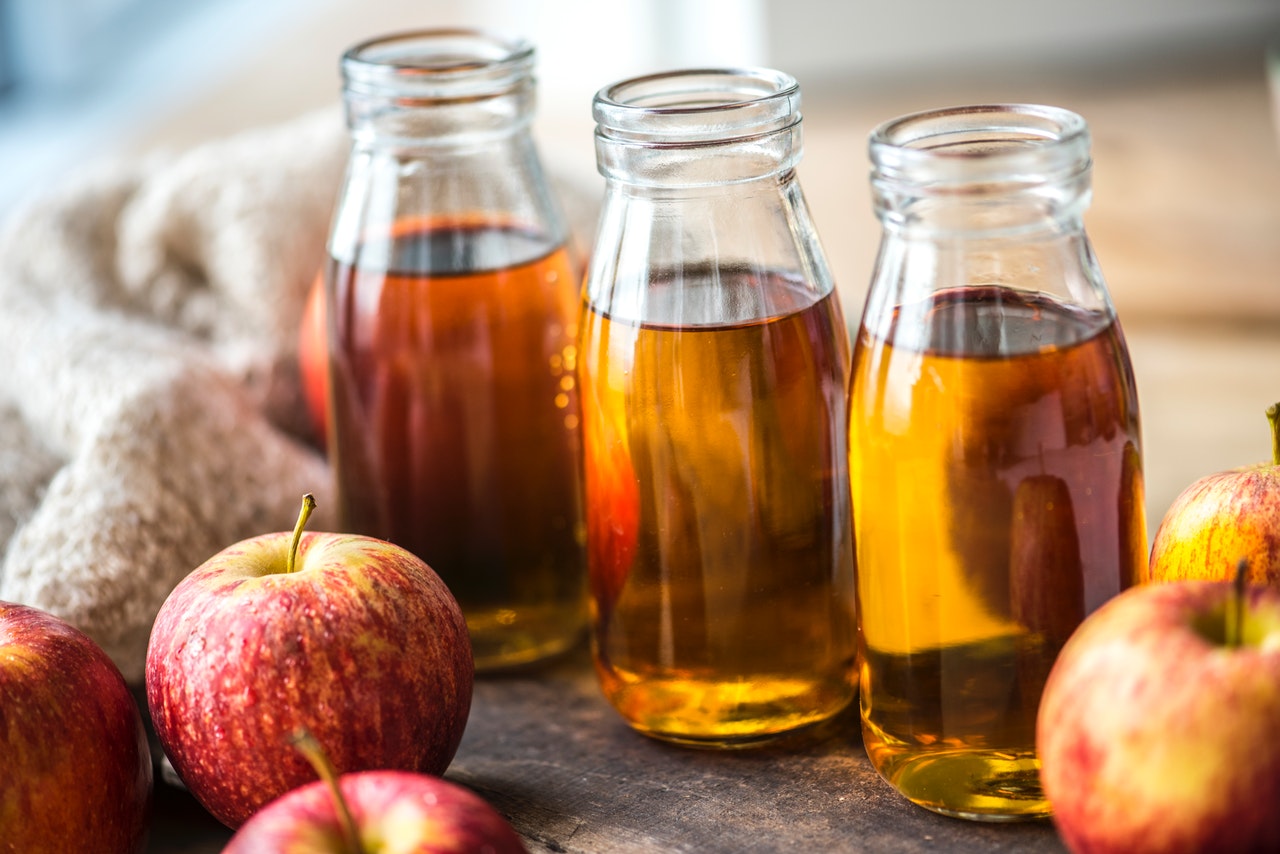
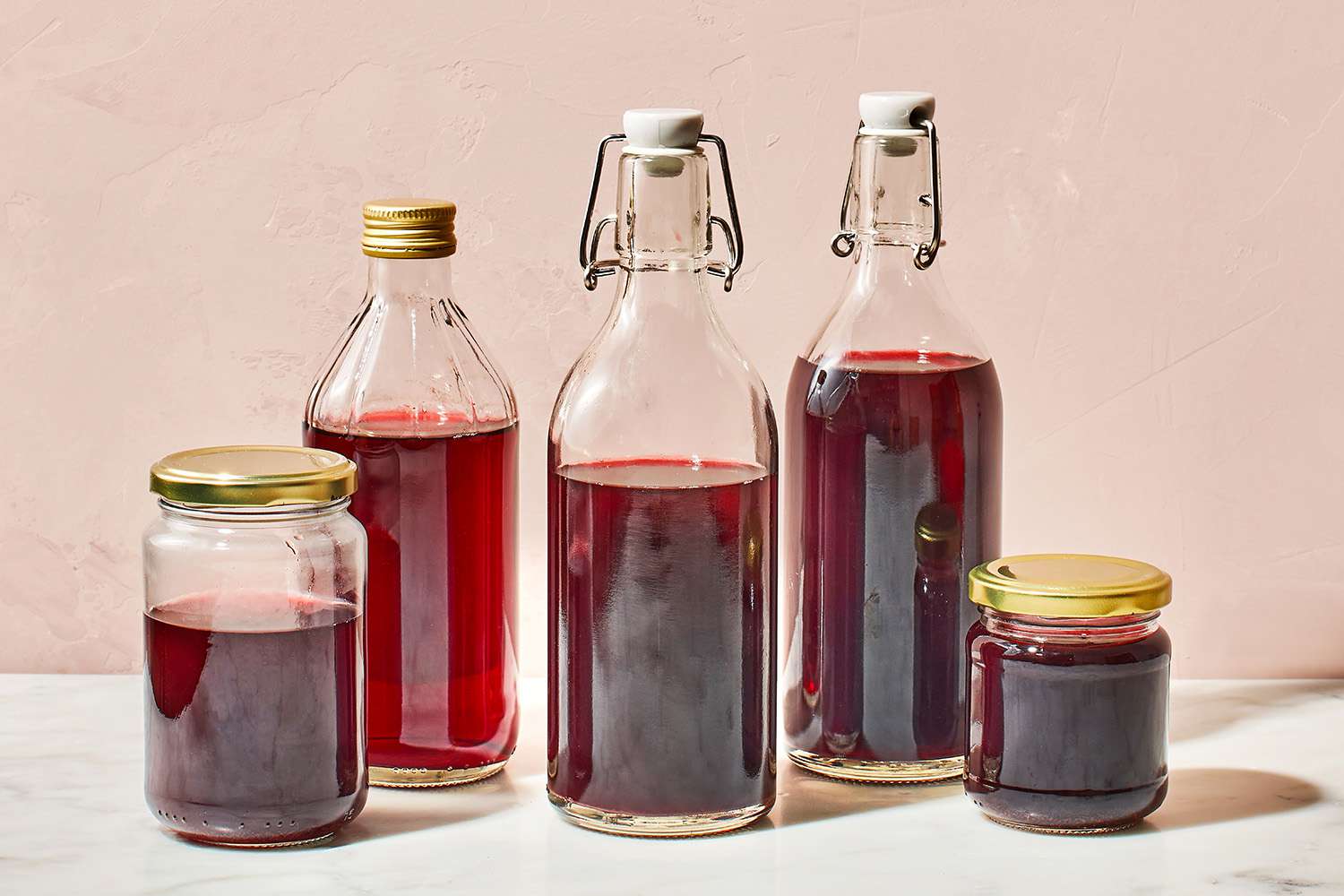
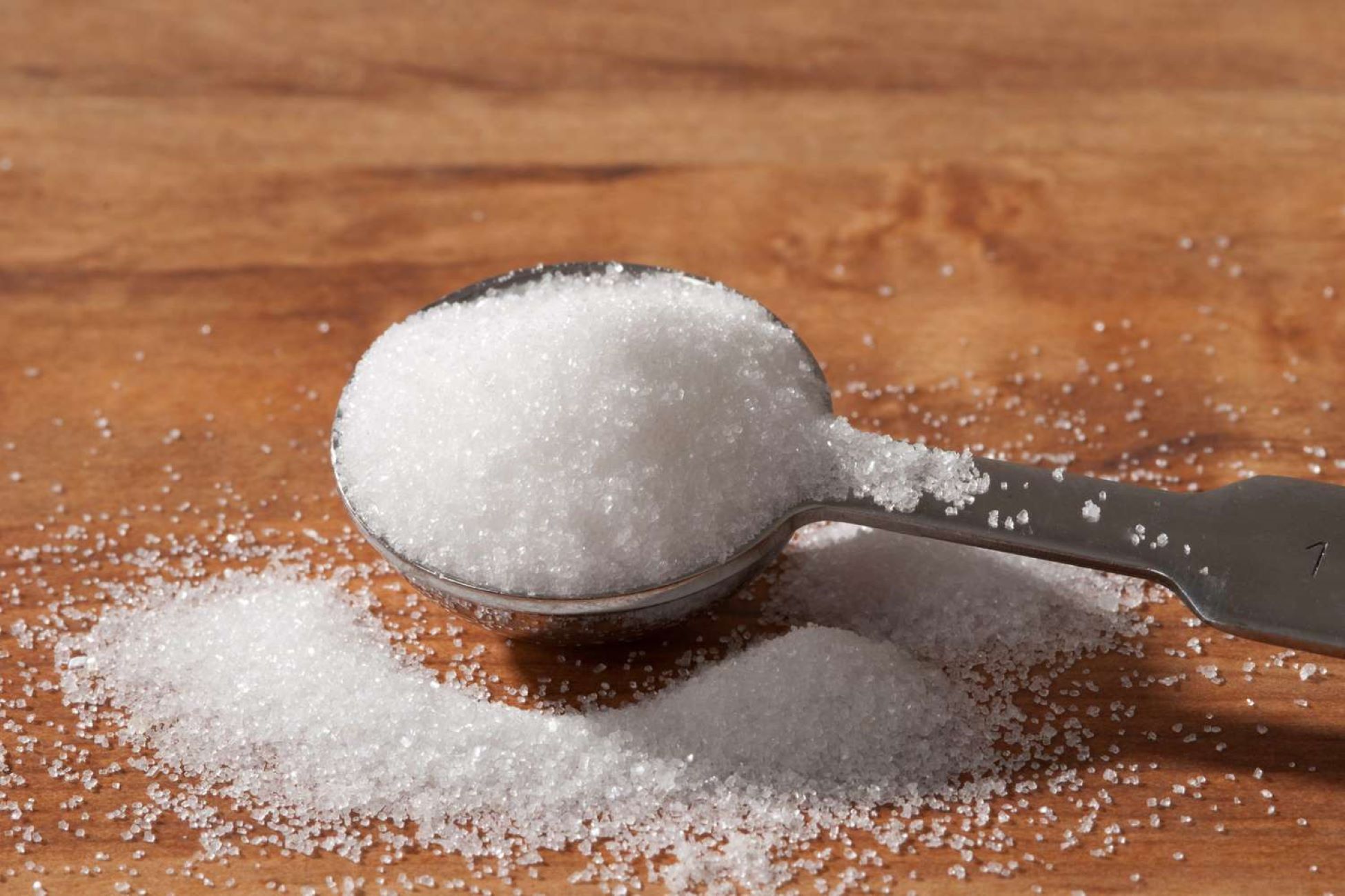
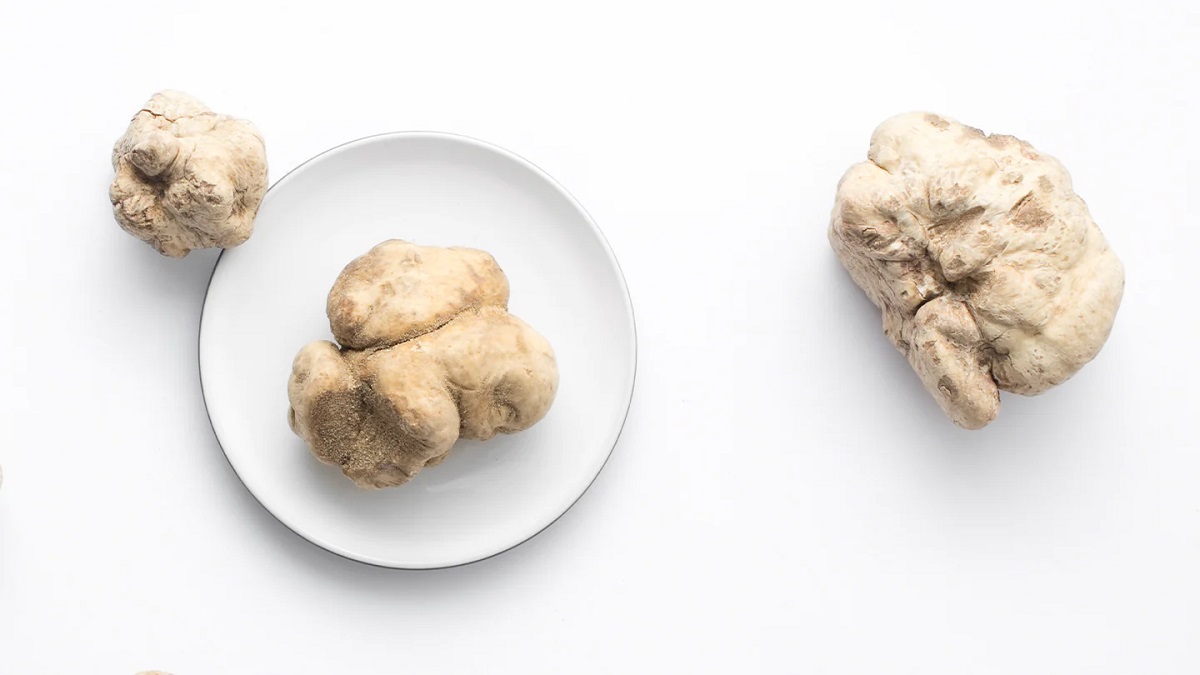

0 thoughts on “How To Store White Vinegar”